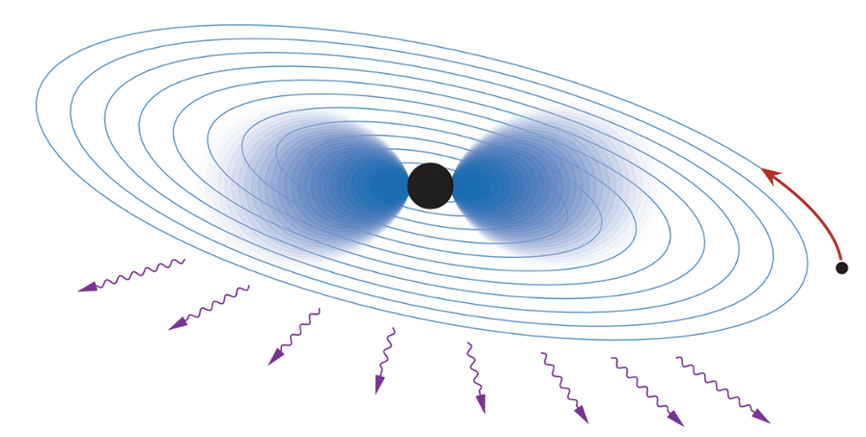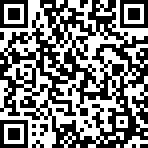▎Achievements
Yushan Visiting Professor Proposes a Technique to Detect New Ultralight Bosons around a Black Hole with Gravitational Waves
Share:
Yushan Visiting Professor Daniel Baumann of NTU’s Department of Physics asserted that if the new ultralight bosons exist and form a cloud around a rotating black hole, the presence of such boson clouds would affect the dynamics of the black hole’s binary inspirals and their associated gravitational waves (GW) signals. Published on June 2 in Physical Review Letters with a synopsis, the research was conducted in collaboration with his team at the University of Amsterdam and Harvard University.
Black holes are widely believed to consume all forms of matter and energy around them. However, if there are new, very low-mass bosons exist in nature, black holes also produce such bosons through a process known as “superradiance” to form a large boson cloud around the black hole, creating so-called “gravitational atoms.”
The team found that although gravitational atoms are much larger than real microscopic atoms, their structure is strikingly similar to that of a real atom, in which a cloud of electrons surround a nucleus composed of protons and neutrons. If another black hole spirals into the gravitational atom, which eventually merges with the black hole, the ultralight boson cloud will absorb the kinetic energy of the black hole binary inspirals and dissociate, in the same way that light shining on metal in the photoelectric effect will dissociate electrons.
This process may significantly alter the progress of the double black hole circling. Besides accelerating the merger of the two black holes, the dissociation of the ultralight boson cloud is enhanced when the two black holes are separated by a certain distance. This feature appears in the gravitational waves emitted by the circling binary black holes. If observed by the new generation of gravitational wave interferometers in the future, it would provide unique evidence for the existence of this ultralight boson.

Detecting new bosons around the black hole with gravitational waves.

Yushan Visiting Professor Daniel Baumann of the Department of Physics, NTU.


